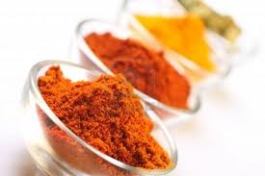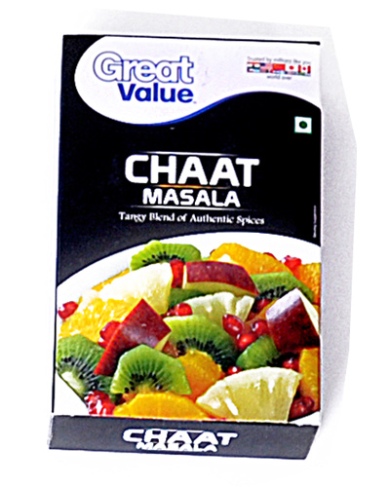Get to know the super spices that make your food healthy and delicious.
Spices have been used for centuries yet their taste remains the same. Myths and stories mention delicious and spicy foods. Spicing the food doesn’t mean bitter taste, it means adding value to your food along with taste and fragrance. It is a well known fact that most people react to the fragrance of the food and then decide how good the food is? Spices and herbs have been adding nutritional values to your food for years. Things you may not about spices and herbs are given below:

Antioxidant in nature: A study has concluded that certain substances called antioxidants, which are quite adequate in fruits and vegetables, help protect cells from free radicals. Free radicals are by products of food breakdown or they can be produced by external sources like tobacco, nicotine or any other environmental pressures. Antioxidants offer protect against cancer, heart diseases, and other diseases. Antioxidants are enriched with Beta-Carotene, Lycopene, Lutein, Selenium, and Vitamin A, C, E.
Healing traits: Reducing Inflammation properties cannot be fully ruled out as research suggests that spices and herbs help reduce inflammation. What does inflammation do? It is known to augment chronic diseases such as heart diseases, Alzheimer’s disease and allergies etc. Adding spices to your diet helps in healing process of your body.

Loss of weight: Scientists are working on the potential of spices to augment metabolism, offer satiety, managing weight, and enhancing the quality of the diet. Peppers contain capsaicin, which helps in boosting metabolism activities. Plus your food is enriched with flavor and fragrance making your food delicious to eat. Which are the Super Spices for your health? Here’s a list of Super Spices:
· Cinnamon
· Oregano
· Rosemary
· Turmeric
· Thyme
· Ginger
· Dried Red Peppers
In India, many Spices Manufactures or a Masala Manufacturer offer powdered spices. Sterling Groceries are one such manufacturer of spices. They offer whole spices as well powdered spices.


